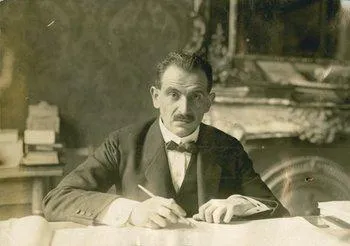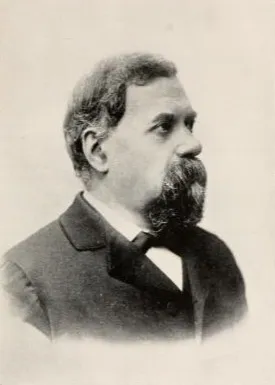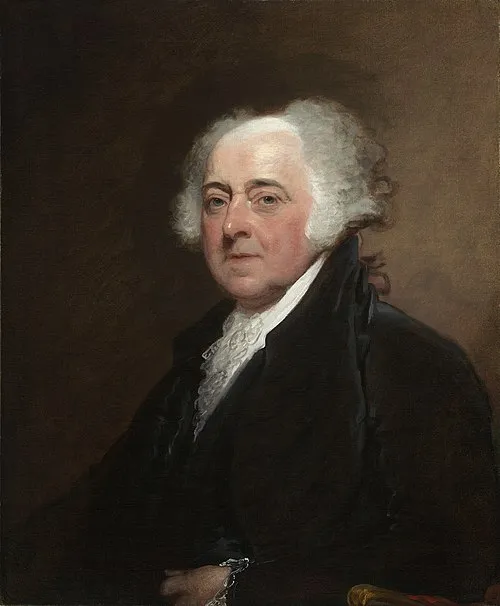
Name: Oscar Zariski
Nationality: Belarusian-American
Profession: Mathematician and academic
Birth Year: 1899
Death Year: 1986
1986 – Oscar Zariski, Belarusian-American mathematician and academic (b. 1899)
Early Life and Education
Raised in a culturally rich environment, Zariski developed an affinity for mathematics at an early age. After his family moved to Kiev, he pursued higher education at the University of Kiev, where he laid the foundation for his future mathematical endeavors.
Career in the United States
In the 1920s, Zariski emigrated to the United States, where he would spend most of his academic career. He held positions at several prestigious institutions, including Johns Hopkins University and the University of Illinois. Alongside his teaching duties, Zariski made significant advancements in algebraic geometry, particularly concerning the concept of a "Zariski topology," which revolutionized the understanding of algebraic varieties.
Contributions to Algebraic Geometry
Zariski's work emphasized the intrinsic properties of algebraic varieties over the traditional viewpoint, which focused on their geometrical aspects. His innovative ideas inspired many future mathematicians and led to further research within the field. Notably, his research on the localization of ringed spaces provided critical insights that shaped modern algebraic geometry.
Legacy and Honors
Zariski's influence extends beyond his research. He was a dedicated mentor and teacher, known for his ability to inspire students. His commitment to mathematics has left a lasting impact on the community. Over the course of his career, he received numerous accolades, including election to prestigious mathematical societies, recognizing his genius and dedication to the field.
Later Years and Death
Oscar Zariski passed away on July 4, 1986, in Potomac, Maryland, leaving behind a rich legacy that continues to shape the study of mathematics. His contributions to algebraic geometry and the mentorship of future generations of mathematicians cemented his status as a leading figure in mathematics.
Oscar Zariski: A Legacy in Mathematics
Born amidst the turmoil of a world on the brink of upheaval, Oscar Zariski entered this world in 1899 in a small town near Minsk, Belarus. Little did anyone know that this child would grow to be a titan of mathematics, shaping fields that lay deep within the realms of algebra and geometry. Raised in an environment rich with cultural influences yet marred by political unrest, Zariski's early life was anything but ordinary.
As a young man, he was driven by an insatiable curiosity. His fascination with numbers led him to seek higher education at several institutions each step intertwining his fate further with mathematical discovery. In 1920s America, Zariski found himself amidst revolutionary ideas and budding theories that were reshaping mathematics as it was known. However, despite facing language barriers and cultural adjustments as an immigrant, he persevered; perhaps his tenacity stemmed from witnessing the resilience required in his homeland during tumultuous times.
Zariski's academic journey began to take shape at Columbia University where he worked under the guidance of eminent mathematicians like Oswald Veblen. It wasn't long before he discovered his passion for algebraic geometry a field riddled with complexity and depth. Ironically, while many sought simplicity in mathematical truths, Zariski reveled in unraveling intricate puzzles that often left others perplexed.
By the late 1930s, his groundbreaking work led him to formulate what is now known as "Zariski topology." This innovative approach allowed mathematicians to consider geometric properties through algebraic equations revolutionizing how researchers approached complex problems and bridging gaps between different mathematical disciplines. Despite this monumental contribution to mathematics during a time fraught with global conflict leading up to World War II, not all recognized its significance immediately; many were still tethered to conventional methods.
The period following the war marked another significant chapter for Zariski. As he settled into life at Johns Hopkins University after fleeing Europe’s chaos ironically leaving behind an unsettled homeland full of potential the impact of his work began resonating across academia like ripples on water after a stone is cast into it. Here he nurtured new generations of mathematicians who would continue building upon his foundation; perhaps one could argue that fostering talent became one of his defining legacies.
Zariski's influence wasn't merely academic; it reached far beyond into philosophical musings about logic and proof structures within mathematics itself. His lectures often inspired heated debates among students a testament not just to their rigor but also their relevance even decades later! Those who attended remember moments where Zariski seamlessly merged abstract theory with tangible applications a rare gift few educators possess.
A Life Marked by Challenges
However challenging life might have been for him personally after all navigating post-war America wasn’t easy either the culmination of these experiences provided him insight few could comprehend fully outside academia's hallowed halls! His journey reflected broader themes: resilience amidst adversity; innovation sparking revolutions while often met initially with skepticism or even outright dismissal!
The Price of Genius
Who knows what thoughts occupied Zariski’s mind during those quiet evenings spent poring over equations? Perhaps they mirrored earlier memories shaped against stark realities back home the ones where dreams mingled seamlessly alongside despair… It raises questions about genius itself: Is it nurtured entirely through education? Or does innate talent emerge only when faced against formidable odds?
A Legacy Left Behind
The years rolled on swiftly like autumn leaves caught in gusts but as they did so too did admiration grow amongst peers for Oscar’s contributions! By mid-century recognition came pouring forth; awards bestowed upon him celebrated not just accomplishment but innovation seen so rarely across mathematical landscapes usually dominated by conventional thinkers clinging steadfastly onto old paradigms!
Zariski continued publishing until well into old age even after stepping down from active teaching roles demonstrating unwavering dedication toward pushing boundaries further than ever imagined possible before hand! Ironically though… despite countless accolades showering upon him publicly throughout later stages within career…it wasn’t until nearing end-of-life reflections surfaced giving voice finally clarity surrounding personal motivations driving passionate pursuits toward unlocking profound mysteries embedded deeply inside vast swathes comprising pure maths!













